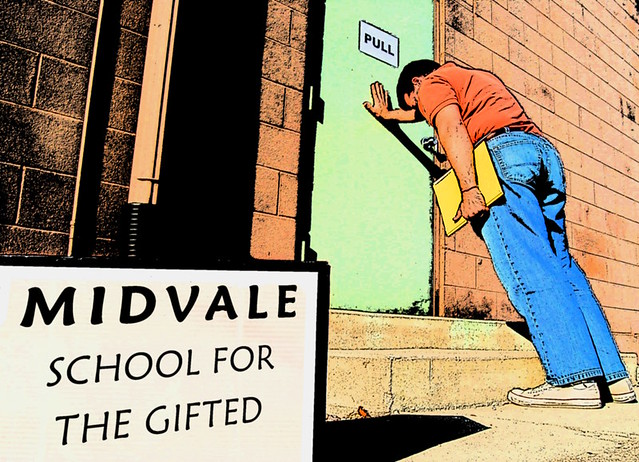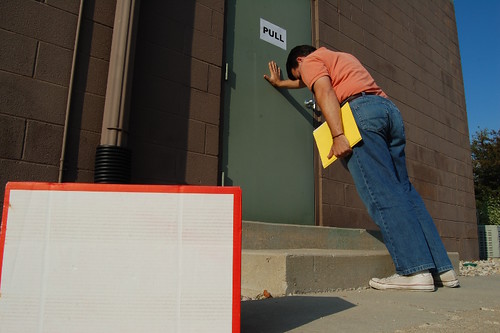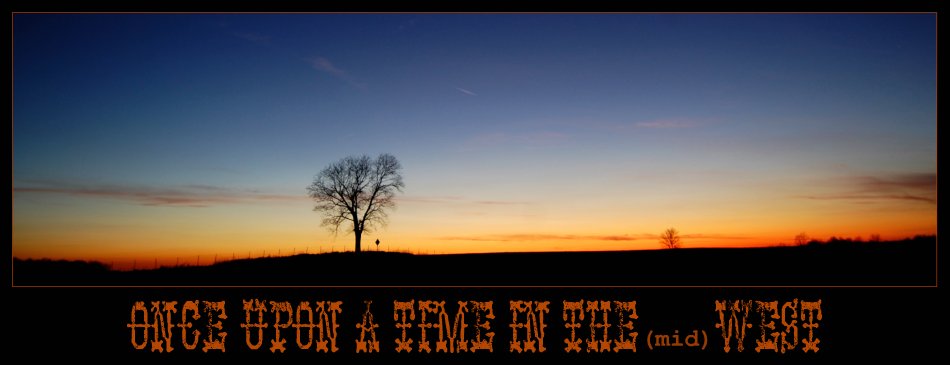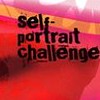I do not own any version of Adobe Photoshop. I use GIMP for most of my photo processing needs as well as a few online programs that function for specific needs.
Don't get me wrong. I'm not anti-Photoshop. If you have need of all the tools and functionality of their flagship products and can afford to pay the $700-1,000 for them, then, by all means, go ahead. Adobe has worked hard to create a stable platform for image creation and processing, taking into consideration things like a user-friendly interface, simple keyboard shortcuts, and workflow/batch-processing that make it second-to-none.
The problem I have is that Photoshop has become so ubiquitous, that many photographers mistakenly believe that they need Photoshop to accomplish simple tasks like cropping or converting a color image to black and white, etc.
Furthermore, I dislike that not having Photoshop gets used as an excuse for why "my pictures aren't very good."
Chances are, if your pictures aren't very good, it's because you don't understand some basics about exposure, perspective and composition. It very likely has nothing to do with which camera or image processing software you do or don't have.
Having said that, when you are in the right place at the right time and have your camera pointed in the right direction and make a photograph in which you are pleased, that's when -- maybe -- you start thinking about image processing. You can certainly use Photoshop to made a good picture better, but no amount of 'Photoshop Skills' can make a terrible picture "good." The term, "polishing a turd" comes to mind.
So, when I interpret the challenge theme, 'Photoshop Skills,' I read image manipulation skills. To me, this should involve intentionality. If you're just 'fixing it in Photoshop,' then you screwed up the photograph in the first place and it doesn't count any more than claiming 'firefighting skills' after putting out the fire you set to your own house and expecting to be patted on the back for it. :-)
Intentionality, then, should involve preconception. You take the picture knowing how you're going to manipulate it afterward.
Even though I don't do this type of thing very often, here's my favorite example of this type of thing:

...and the image straight out of the camera:

Inspired by Gary Larson, of course:








1 comment:
I like this. And I actually have the Larsen book containing that comic!
Post a Comment